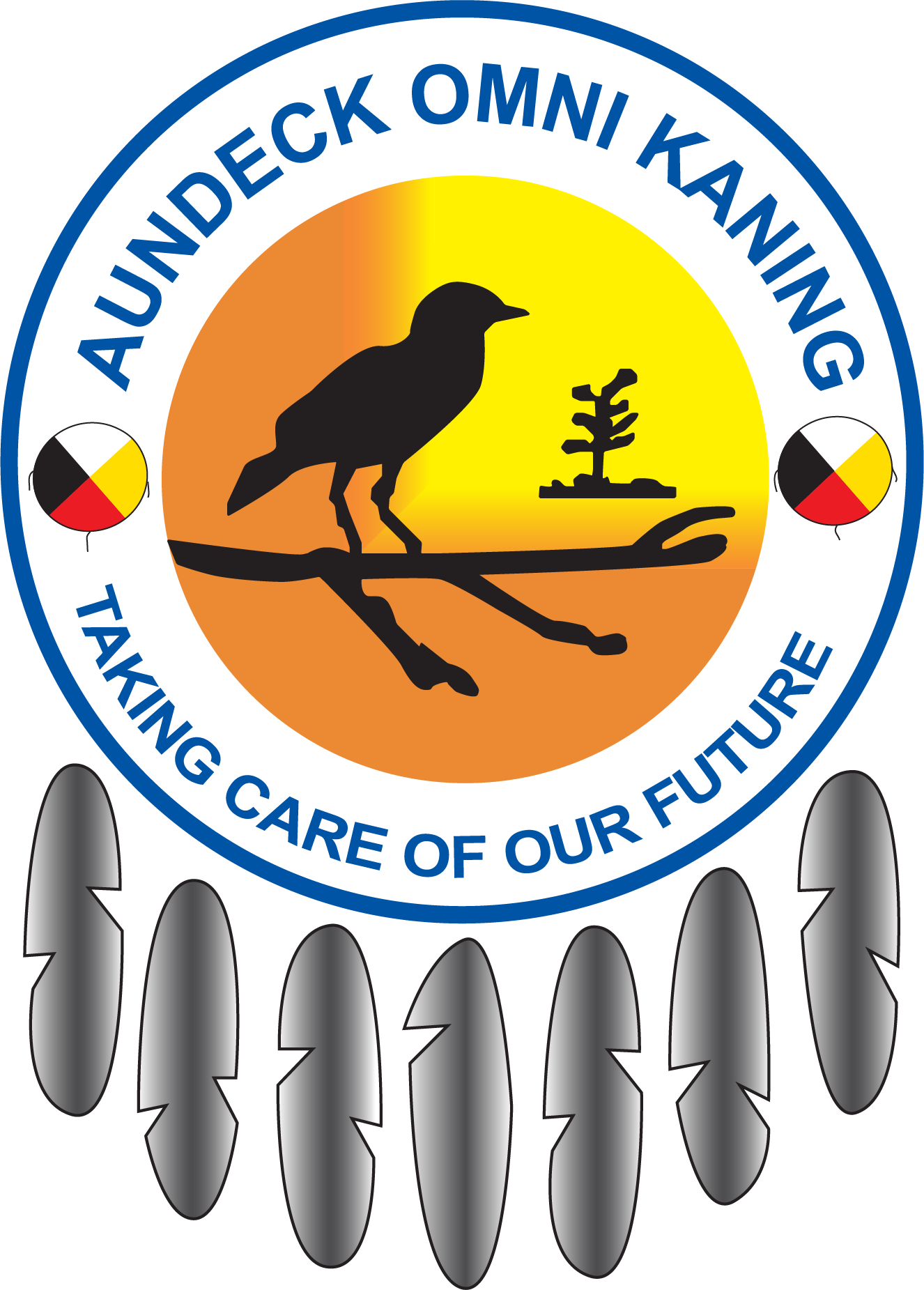
RHT SETTLEMENT AGREEMENT COMPENSATION FUNDS TO BE TRANSFERRED BEFORE THE END OF THE 60 DAY PERIOD
The Robinson Huron Treaty First Nations Chiefs and Robinson Huron Treaty Litigation Fund Trustees are pleased to report that Canada and Ontario will complete their requirements regarding the RHT Settlement Agreement by the transfer of the Settlement Agreement Compensation to the Robinson Huron Litigation Fund before the end of the 60 day period established in the Settlement Agreement.
The RHT Chiefs were advised about the early transfer of the funds. The RHT Chiefs designated a bank to receive and safeguard the funds until distribution can take place in accordance with the Compensation Disbursement Agreement. The funds will earn significant interest and will be allocated to the First Nations in accordance with the Compensation Disbursement Agreement. The RHT Chiefs discussed a concept to expedite the transfer of the compensation funds to the First Nations. The Disbursement Agreement sets out an allocation formula in accordance with population and beneficiaries numbers among the First Nations. The work relating to the determination of those statistics could take a significant amount of time. An approach that could expedite the transfer of the funds could be to eliminate the beneficiaries and membership distinctions in favour of relying on the membership populations as the means of allocating the funds among the 21 First Nations. The discussion established that this concept only applies to the past compensation agreement, not the future arrangement which has yet to be negotiated or litigated.
A related matter that was included in the discussion was the 10% war chest component of the Compensation Disbursement Agreement. There was a discussion about reducing the war chest component from 10% to 5% and that 5% could be allocated to the 21 First Nations for allocation in accordance with community discussions.
The direction from the RHT Chiefs resulting from the discussion of these matters was for the 21 First Nations Chiefs and Councils to discuss the concepts and for the appropriate analysis to be done regarding the potential impacts of such proposal on the Settlement Agreement and among the First Nations.
The 21 First Nations have been hosting community discussions regarding the compensation funds and will continue to have their discussions with their members on and off-reserve. This process is expected to continue to the point where the First Nations will be in a position to transfer per capita payments in accordance with the results of the community discussions.
What needs to happen before per capita payments begin?
Receiving the priority payment will add a new layer of responsibilities and challenges to the First Nation Councils. First Nations use a trust to hold assets from a settlement, even if they choose to distribute the amount as part of a per capita distribution or payout.
This list below provides information on some of the steps the First Nations should complete before and after they receive the priority payments and how to avoid common mistakes.
Before funds are received:
- Determine community priorities regarding the receipt of funds.
- Decide who will be entitled to a per capita distribution.
- Establish a trust team which includes a trust lawyer, an accountant and/or banker, and other experts.
- Engage a lawyer to advise the Council on trusts.
- Ensure that your bank account has been properly set up to receive funds and that the RHTLF has your First Nation’s bank account information.
- Ensure your finance department has the necessary banking information for its Members/Citizens.
- Ensure your First Nation’s membership/citizenship lists are up to date and current.
- Encourage members/citizens to have up-to-date identification and wills if possible.
- Determine the trust model that works best to meet the needs of their community.
- Learn about the legal, financial, and tax aspects of receiving the funds.
- Identify and develop community resources, including addressing scammers, mental health support, addictions support, domestic violence supports, Elder abuse supports, financial literacy and more.
- Have a well organized communications plan for your First Nation.


